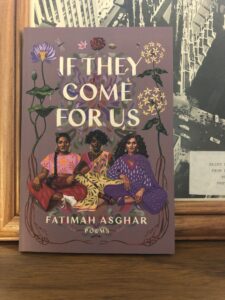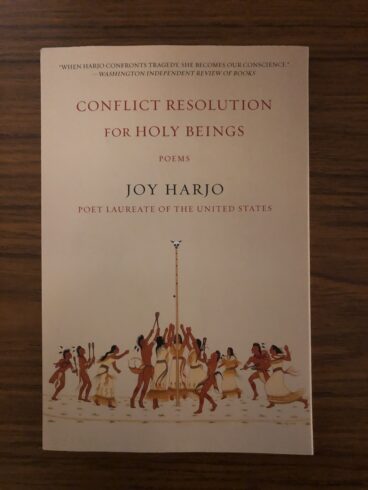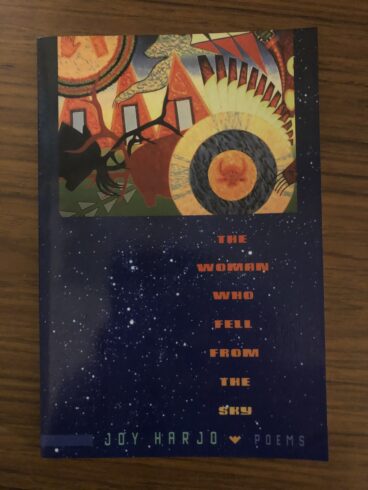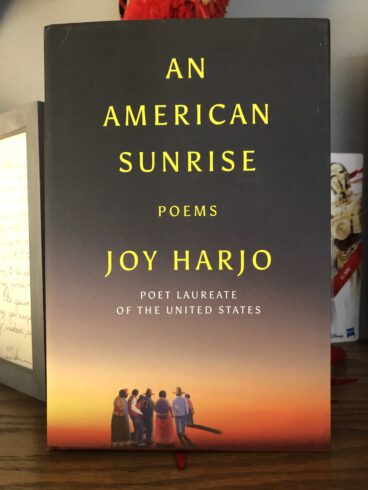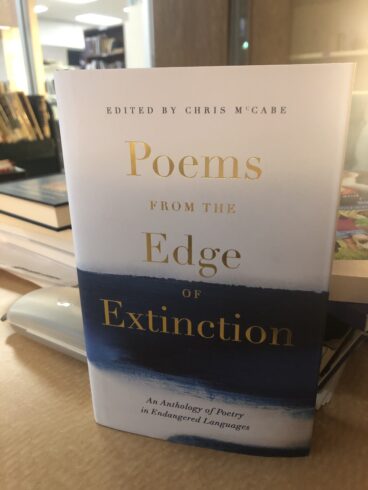
One language is falling silent every two weeks. Half of the 7,000 languages spoken in the world today will be lost by the end of this century. With the loss of these languages, we also lose the unique poetic traditions of their speakers and writers. Poems from the Edge of Extinction is a celebration of our linguistic diversity and a reminder of our commonalities and the fundamental role verbal art plays in human life around the world. With poems in a wide range of languages by influential, award-winning poets such as US poet laureate Joy Harjo, Hawad, Valzhyna Mort and Jackie Kay, this anthology offers a unique insight into both languages and poetry, taking the reader on an emotional, life-affirming journey into the cultures of these beautiful languages.
Geryow Kernewek by Donald R. Rawe, Cornish Words translated by Tim Saunders
| Welsh | English |
| Pandra’ wren-ny genough,
Agan geryow Kernewek? A wren-ny donsya genough Po delynya ikenow, Leverel dythys fur, rymys-fleghes sempel, Dysputya gwlasageth py fylosofy? Martesen, bledhen war bledhen, Os arta os, ny a vyth cafos Worteweth an styr gwyr kellys – Nag yu yn agan lynow bardhonnek Mes ynter an lynow-na, Goskesek, ow hyntya a substans, Kekemys ny a wayt sygnfya. |
What shall we do with you,
Our Cornish words? Shall we dance with you Or portray icons, Speak wise sayings, simple childish rhymes, Argue politics or philosophy? Perhaps, year after year, Age after age, we shall find At last the true lost meaning Not in our bardic lines, But between those lines, Shadowed, hinting at the essence, Something of what we hope to signify. |

